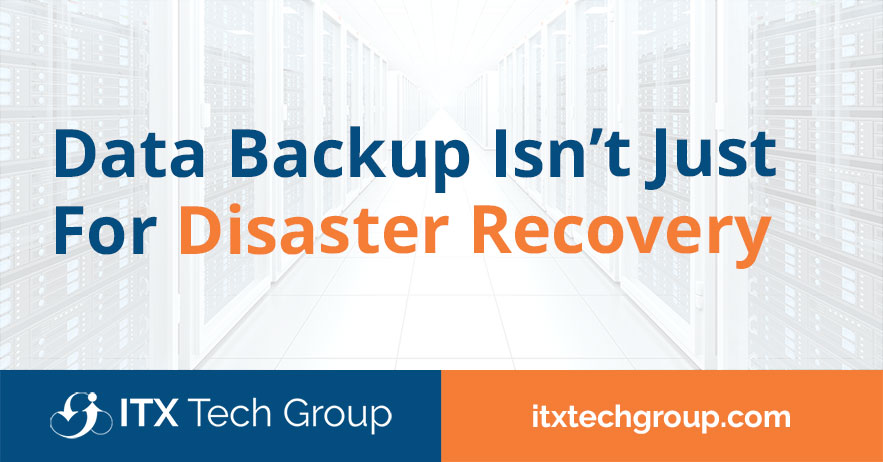In the realm of digital business, data is the lifeblood that fuels operations, innovation, and decision-making. With the increasing reliance on digital assets, the need to safeguard and protect data has never been more critical.
Enter data backup—a practice often associated with disaster recovery, but with a much broader and impactful role.
In this article, we’ll explore the multifaceted nature of data backup and how it transcends the realm of disaster recovery to deliver value across various aspects of business operations.
Understanding Data Backup
Data backup involves creating duplicate copies of important data and storing them in a secure location, separate from the original source.
While disaster recovery is an essential component of data backup—ensuring business continuity in the face of emergencies—backup strategies encompass much more than just recovery from catastrophic events.
They serve as a proactive measure to prevent data loss due to hardware failures, human errors, cyberattacks, and software glitches.
The Versatility of Data Backup
- Mitigating Data Loss and Downtime: Data loss is not limited to large-scale disasters; it can occur due to a range of reasons, including accidental deletions, software bugs, or hardware failures. Data backup provides a safety net, enabling organizations to quickly restore lost or corrupted data and minimize downtime.
- Ensuring Regulatory Compliance: Many industries are subject to regulations that mandate data retention and protection. Data backup ensures that organizations have the required historical records and can demonstrate compliance with regulatory standards.
- Facilitating Business Growth: As businesses expand, their data needs grow as well. A robust data backup strategy accommodates scalability, allowing organizations to effortlessly handle increased data volumes without sacrificing data integrity.
- Supporting Data Archiving: Not all data is actively used, but it may still hold value for future analysis or compliance purposes. Data backup can be leveraged for long-term archiving, freeing up primary storage resources for current operations.
- Enabling Data Recovery Testing: Regularly testing data recovery processes is crucial to ensure that backups are functional and data can be restored successfully. Backup solutions allow organizations to perform recovery testing without impacting production environments.
- Safeguarding Against Cyber Threats: In an era of rampant cyberattacks, having a secure, offline backup copy of data can be a lifesaver. Ransomware attacks, for instance, can be thwarted by restoring clean backup data, eliminating the need to pay ransom.
- Supporting Data Migration and Upgrades: When migrating to new systems or upgrading software, having a reliable backup ensures that data can be moved or transferred without the risk of data loss or corruption.
Conclusion
Data backup is far more than a contingency plan for disaster recovery; it is a versatile tool that plays a pivotal role in mitigating risks, ensuring compliance, supporting growth, and enhancing overall data management.
By embracing a comprehensive data backup strategy, businesses can safeguard their most valuable asset—data—across the spectrum of challenges and opportunities they face.
As digital landscapes continue to evolve, organizations that recognize the true potential of data backup are better equipped to navigate uncertainties and drive success with confidence.
ITX Tech Group has been serving small, medium, and large scale businesses with their IT support needs all over the United States since 2011, so we’re confident we can provide you with affordable, professional IT solutions for years to come!
Connect with us for a free consultation to discuss your business technology needs.

